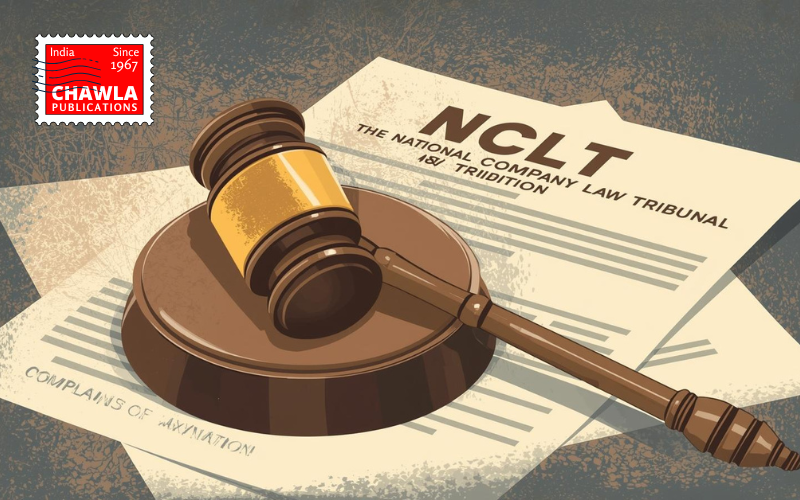Gift deed transferring shares from the appellant to her mother-in-law found invalid as it violated the Articles of Association of the company
Key Holdings of the Supreme Court:
1. Jurisdiction of NCLT:
The Supreme Court reaffirmed the wide jurisdiction of the NCLT to decide issues incidental to complaints of oppression and mismanagement, including the validity of a gift deed when alleged to be vitiated by fraud, coercion, and undue influence. The Court emphasized that the NCLT has the authority to adjudicate on matters integral to the complaint, as long as it does not contravene any other legislative enactment specifically barring such jurisdiction.
2. Validity of Gift Deed:
The gift deed transferring shares from the appellant to her mother-in-law was found invalid. The Court held that it violated the Articles of Association of the company, as it was executed under questionable circumstances and the transfer to the mother-in-law was not permitted under the AoA. The Supreme Court supported the NCLT’s decision to declare the gift deed invalid based on the evidence of fraud and coercion presented.
3. Oppression and Mismanagement:
The Court detailed the concept of oppression in company law as acts that are burdensome, harsh, wrongful, or lack probity. A series of illegal actions by company directors, including questionable share transfers and board meetings conducted in violation of the Articles of Association and statutory requirements, were deemed acts of oppression and mismanagement. The appellant successfully proved oppression and mismanagement, entitling her to relief.
4. Invalid Board Meetings:
The board meetings held on 15.12.2010 and 17.12.2010 were declared invalid due to non-compliance with notice and quorum requirements stipulated in the Articles of Association and statutory law. Resolutions passed in such meetings, including the acceptance of the appellant’s resignation, were deemed to lack legal validity.
5. Restoration of NCLT’s Order:
The Supreme Court set aside the judgment of the National Company Appellate Tribunal (NCLAT), which had overturned the NCLT’s order, reinstating the appellant as Director and lawful owner of the shares in question. The NCLT’s order was restored, recognizing the appellant's rights and directing the return of share certificates.
The Supreme Court's decision underscores the expansive role of the NCLT in addressing issues of oppression and mismanagement and provides clarity on the legal boundaries within which corporate governance disputes can be adjudicated. The judgment also reinforces the importance of adhering to statutory and internal company regulations, especially in the conduct of board meetings and share transfers.
Mrs. Shailja Krishna v. Satori Global Limited, (SC) : Law Finder Doc id # 2772316




